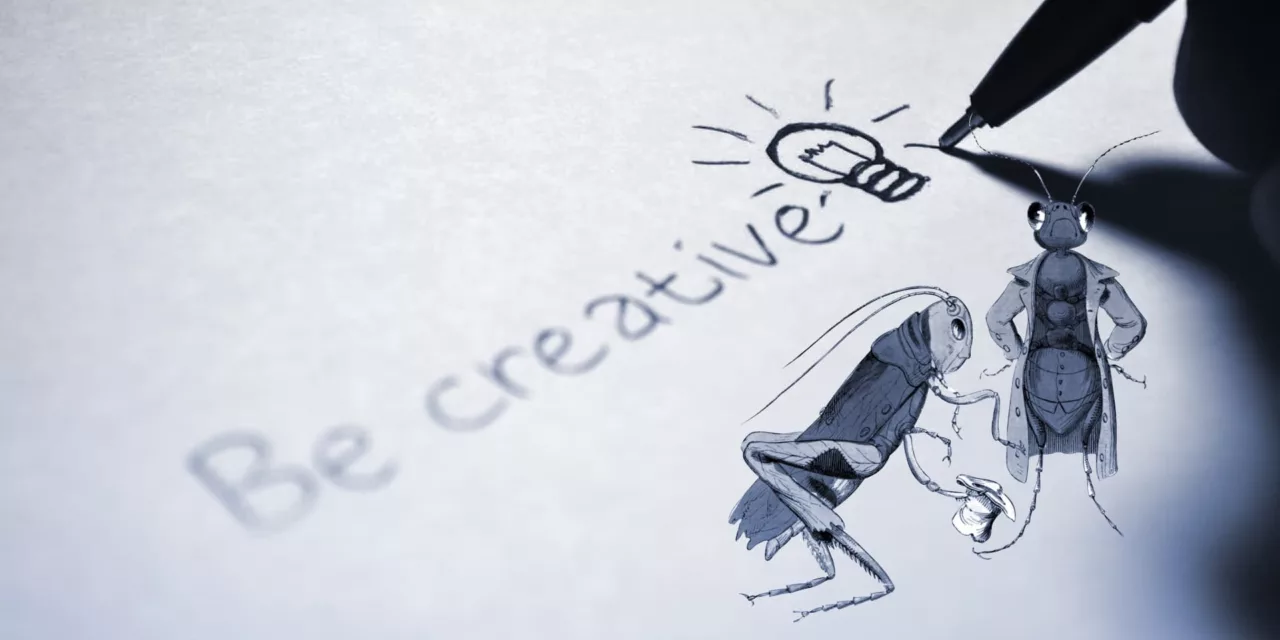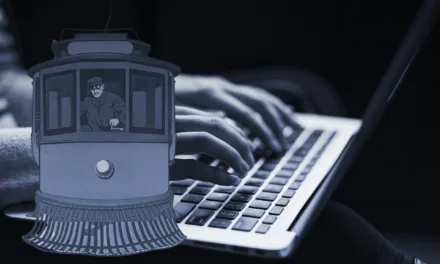
How do you deal with sudden writer’s block?

“Any tips for a terrible case of writers block that occurs without any real reason?”
Writer’s block is often misunderstood. You’ll hear lots of people say it doesn’t exist, and that’s it’s all just a state of mind. While this is true, it’s fundamentally an oversimplification. It’s not a cause. But it is an effect.
What we call writer’s block isn’t the cause of your inability to be creative. It’s a symptom of something else happening beneath the surface. When writing becomes difficult or impossible, or you lose the desire to write, it can be frustrating when it feels like it’s come without warning or apparent cause. But while writer’s block can happen unexpectedly and its effects are very real, it is almost always a symptom of something else.
Understanding sudden writer’s block
When writer’s block appears without any apparent reason, it’s usually because we’re looking for the cause in the wrong places. While external factors like stress or lack of time can certainly block creativity, they’re easy to spot and find strategies to deal with. But it’s the internal barriers that can be harder to define. So what do we mean by internal barriers?
Perfectionism paralysis
One of the most common internal barriers we face is the fear of not meeting our own high standards. This paralysis happens when we become so focused on creating the perfect opening, scene, or character that we can’t write anything at all.
The fear of producing something that’s subpar can be debilitating, leading to a complete creative shutdown. Many writers find themselves stuck in an endless cycle of self-criticism rather than allowing themselves to write freely. In this sense, writer’s block can serve as a convenient scapegoat. It puts the onus on something external, rather than empowering you to look at the root cause.
Analysis paralysis
Another common internal barrier is getting caught up in overthinking every detail of your writing. This happens when you spend too much time analysing plot points, character motivations, or story structure instead of actually writing. The more you analyse, the harder it becomes to put words on the page.
I’m incredibly guilty of this myself. I spend so long analysing the original idea that I often lose love for it, or start to question if it’s actually any good. I constantly second-guess decisions or get lost in research, ultimately using these activities as a way to avoid the actual job of writing.
Fear of starting
The biggest internal barrier that most of us will face is the blank page. It’s there, and it’s intimidating. It represents infinite possibilities but also requires a commitment. And when combines with something like analysis paralysis, it can stop you in your tracks completely.
When you fear starting, you’ll procrastinate or find other tasks to occupy your time. And you’ll look for any excuse or something to blame for why you can’t (or won’t) start writing. Writer’s block is an easy scapegoat.

Write more, write better, and achieve your goals with Novlr!
Practical strategies to break through writer’s block
Find the root cause
Take time to reflect on what’s really holding you back. Are you afraid of failure? Are you comparing yourself to others? Are you putting too much pressure on yourself to create something perfect? Understanding the underlying cause of your creative block is the first step to overcoming it.
Change your environment
Sometimes, a simple change of scenery can get you writing. Try writing in a different location, whether it’s a local cafe, park, or just a different room in your house. The new environment can help break patterns of thought that might be contributing to your writer’s block. For instance, if I have the fear of actually starting the writing process, I’ll go somewhere public to write. Being in an environment where I might be observed gives me the push to start.
Lower the stakes
Because writer’s block often manifests when we’re under pressure, try your best to remove that pressure. Take away the idea of writing something “important” and just do some writing for the joy of it. Don’t work on your projects. Write something completely unrelated or even silly. Write yourself a letter, create a ridiculous story, write a a love scene between two of your favourite characters in fiction.
Lowering the stakes will help you rebuild your confidence in your own creativity without any of the expectations you’ve been putting on yourself. Make writing fun again!
Trick yourself or make a deal
This is my go-to technique for when I just can’t bring myself to write. I put myself in a situation where I have to write. I make a commitment with a friend or a group so that I have to have something written by a deadline (writing groups where you share works in progress are great for this), or promise myself a reward if I write for just five minutes. I also combine this with a change of environment. So, if I go to a cafe to write, for instance, I use the imagined judgement of strangers who might see me staring at a blank page to just force myself to begin. Sometimes you just have to trick yourself into action.
Once I start, I’m usually over the first hurdle which gives me the push I need to just keep going. Tricks and bargains can work wonders if you have the kind of brain that thrives on deadlines.
When to push through and when to pause
Sometimes, writer’s block is telling us something important. While it’s good to develop strategies to work through it, it’s equally important to know when your brain is telling you it’s time to take a break. Burnout is very real, and sometimes writer’s block is just your mind and body telling you that you’re doing to much. To know whether to push through or take a break, ask yourself:
- Am I putting too much pressure on myself?
- When was the last time I took a real break?
- Am I trying to force a story that isn’t working?
- Could I (or my project) benefit from some distance?
If you’ve got too much going on in your life, don’t be in denial about that. Be honest with yourself about your available brainpower and and mental bandwidth. Don’t force yourself to write if you have very real internal or external pressures that need to be dealt with first.
Moving forward
Remember that writer’s block isn’t permanent, even though it can feel that way. It’s a symptom of something else. Sometimes all you need is a little push to get you over the initial hurdles, but sometimes you’ll need to tackle some other things in your life to give yourself the space to be creative.
Stay flexible in your approach and be gentle with yourself. Some days, the best solution might be to push through with small, manageable writing goals. Other days, taking a complete break to recharge might be exactly what you need.
Most importantly, don’t wait for inspiration to strike. Writing is a practice, and sometimes simply showing up to the page, even when it feels difficult, is enough to get the words flowing again. The goal isn’t to write perfectly—it’s to keep writing, one word at a time.



























